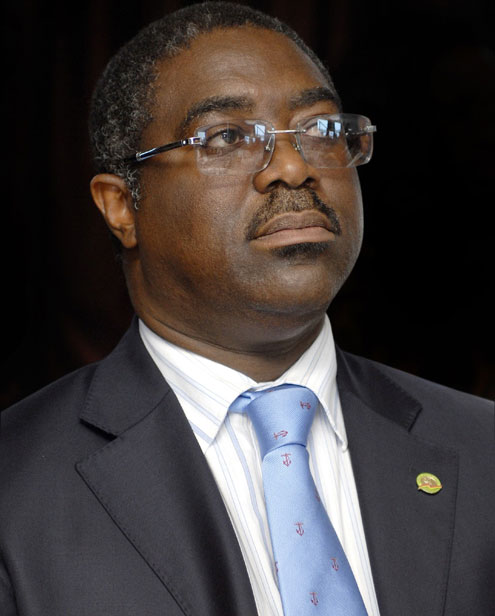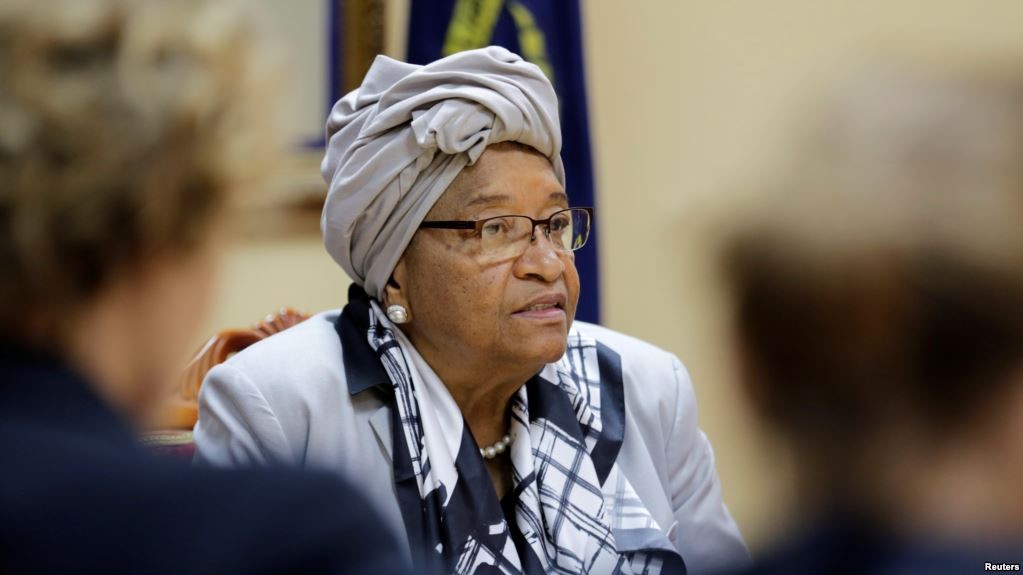
COVID: Countries observe Day of the African Child Virtually
COVID-19: Countries observe 2020 Day of the African Child Virtually
Different African countries today marked the 2020 Day of the African Child (DAC) with restriction following the spread of Coronavirus.
Every year, on 16 June, the African Union and its Member States observe the Day of the African Child (DAC) as a commemoration of the 16th June 1976 student uprising in Soweto, South Africa, where students who marched in protest against apartheid-inspired education, were brutally murdered.
To celebrate the children of Africa and calls for serious introspection and commitment towards addressing the numerous challenges they face in Africa, the DAC 2020 theme’s will reflect on ‘Access to a Child-Friendly Justice System in Africa’ as adopted by the African Union Executive Council, during its 34th Ordinary Session, held on 07 – 08 February 2019, statement by the African Union said.
“Due to the current COVID19 crisis, the commemoration of the event at the continental level will be done through a Webinar, which aims to examine the elements of a child-friendly justice system, including the application of a child rights-based approach and use the four principles of children’s rights as a tool for realizing access to a child-friendly justice system in Africa. The Webinar also aims at creating a platform for dialogue among children, policymakers, organizations working on children’s rights, and the academics on the major challenges in ensuring equal access to child-friendly justice to all groups of children in Africa. It will further serves as an experience sharing forum where positive trends, mechanisms, and structures in Member States will be discussed.
The virtual commemoration will be held on Zoom (access link and password will be sent in due course) and Livestreamed on the Committee’s Facebook Page https://www.facebook.com/acerwc/
In Nigeria, two children have appealed to Nigerian governments at all levels to provide and strengthen access to child-friendly justice systems.
They also appealed to the federal government to establish specialised courts and dedicated law enforcement units within the Nigerian police, security, defence forces, and agencies in the six geo-political zones of the country to fast-track the full implementation of the Child Rights Act 2003, a Nigerian online platform, Premium Times reported.
Open letter
In an open letter to President Muhammadu Buhari, the Girl-child Ambassador and the Youth Ambassador, Save the Children International, Nigeria, Purity Oriaf and Maryam Ahmed, said the implementation and domestication of the 2003 Child Rights Act will provide children in Nigeria the necessary legal policy framework for seeking justice when their rights are denied or abused.
“We would like to sincerely request the government to design a child-led, comprehensive, multi-sectoral, national development agenda, and plan for children. As we celebrate The Day of the African Child this year, we would like to very sincerely engage with Your Excellency our dear President on how we can jointly seta national development agenda specially tailored for children that ensure our rights are protected, respected, and fulfilled,” they said.
The children ambassadors also said there has not been any child-friendly and child-focused COVID-19 response initiative since schools were closed in March. “We understand that the action to close schools was to protect us from the deadly COVID-19 Pandemic.”
“While we appreciate some innovations to bridge the learning gaps through radio and TV programs and in some cases, online learning platforms, not all children have access to these facilities. We worry that many of us living in rural areas and those living in low-income households will be left behind,” they said.
According to them, “our right to access, undisrupted, safe, free, and quality education is at risk.”
“There is also the possibility that many children will not go back to school (especially the girls) as their families may decide to marry them off as a way of dealing with the uncertainties,” the ambassadors said.
“Today, children stand with one voice, from Soweto to Sokoto, demanding a a multidisciplinary approach that requires their right to justice to be integrated into regulation and the operationalization of child-friendly justice systems,” they said.
The ambassadors said children are under attack through increasing cases of sexual abuse, molestation, and violence, including rape, early child marriage and forced child labour and trafficking, “making us feel more unsafe, unprotected and experiencing different forms of trauma”.
Crisis
In a separate statement, the United Nations Children’s Fund (UNICEF) said Nigeria is facing a child rights crisis as the world celebrates the Day of the African Child 2020.
“More than 36,000 child victims of violence, including 5,693 survivors of sexual violence (16 percent), were identified and documented in seven states of Nigeria since 2017. But very few of those cases made it to the courtrooms, let alone resulted in justice for child victims,” UNICEF said.
The UN organisation also said the number of children awaiting trial “for what are often petty crimes is estimated to be more than 1,000 – with children often held in detention with adults and in conditions that no child should live in.”
The UNICEF’s Representative in Nigeria, Peter Hawkins, also said access to a child-friendly justice system is essential for protecting children’s rights and addressing violence against children.
“Without access to a child-friendly justice system, children’s rights will remain elusive – and as a society, we cannot serve the best interests of children, especially in the face of violations of their rights,” he said.
The Organisation of African Unity (now the African Union), established The Day of the African Child to honour the courage of children and in memory of those killed.
The 2020 Day is themed, “Access to a child-friendly justice system in Africa’’.
About the Day of the African Child
In 1991, the Assembly of Heads of State and Government of the then OAU instituted the Day of the African Child (DAC) in memory of the 16th June 1976 student uprising in Soweto, South Africa. At that time, students marched in protest against the poor quality of education they received and demanded to be taught in their own languages. The DAC serves to commemorate these children and the brave action they took in defence of their right. The DAC thus celebrates the children of Africa and calls for a serious introspection and commitment towards addressing the numerous challenges facing children across the continent.




Recent Comments